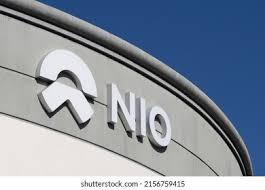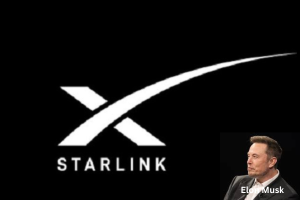Nio Inc., a Chinese manufacturer of electric vehicles, enjoyed a 20% surge in it’s shares on Thursday following a more than double increase in car sales in April.
The company’s Hong Kong-listed shares surged up to 23% to 44.20 Hong Kong dollars, reaching their highest point in more than six weeks. Additionally, Nio shares contributed to the overall increase in the Hang Seng index, which rose 2% by noon trading.
Nio reported a 134.6% year-over-year rise in car deliveries to 15,620 in April.
The company released a statement on Wednesday stating, “The deliveries consisted of 8,817 premium smart electric SUVs, and 6,803 premium smart electric sedans.”
Nio has delivered 45,673 cars so far this year, which is 21.2% more than it did at the same time last year.
Moreover, the Chinese EV manufacturer has been growing its battery swap alliances in an attempt to get a competitive advantage in the EV ecosystem’s infrastructure. These kinds of initiatives are meant to allay customers’ concerns regarding driving range.
Li Auto was the only Chinese EV manufacturer to announce less deliveries than the previous month, although Xpeng, BYD, and other Chinese manufacturers all revealed April deliveries on Wednesday.
Li Auto produced 25,787 cars in April, an 11% decrease from March. The company’s shares listed in Hong Kong continued to rise by 3%.
Deliveries of electric vehicles (EVs) increased by 4% in April, according to Xpeng. In April, BYD sold 313,245 EVs, a 3.6% increase over 302,459 in March.
Xpeng’s shares listed in Hong Kong surged 7.5%, while BYD’s shares gained 5%.
As competition heats up in China, the world’s largest vehicle market, Chinese EV manufacturers have found themselves embroiled in a pricing battle with their greatest rival, American automaker Tesla.
While local automakers are trying to outsell Tesla with high-end technology and competitive pricing, major EV manufacturers have been slashing costs.
Lately, Li Auto lowered the cost of several of its models, while Tesla lowered the beginning price of its Model 3 in China and other significant regions.
Xiaomi, a Chinese smartphone manufacturer, just entered the race and unveiled an electric vehicle in the first part of April. The SU7 was priced around $4,000 cheaper by the firm than Tesla’s Model 3. Additionally, the business promised a greater driving range for the new vehicle.
Although retailing for less than Tesla’s Model 3, CEO Lei Jun recently stated that sales of the the company’s new electric vehicle are exceeding expectations and that the company intends to break even even sooner than projected.







